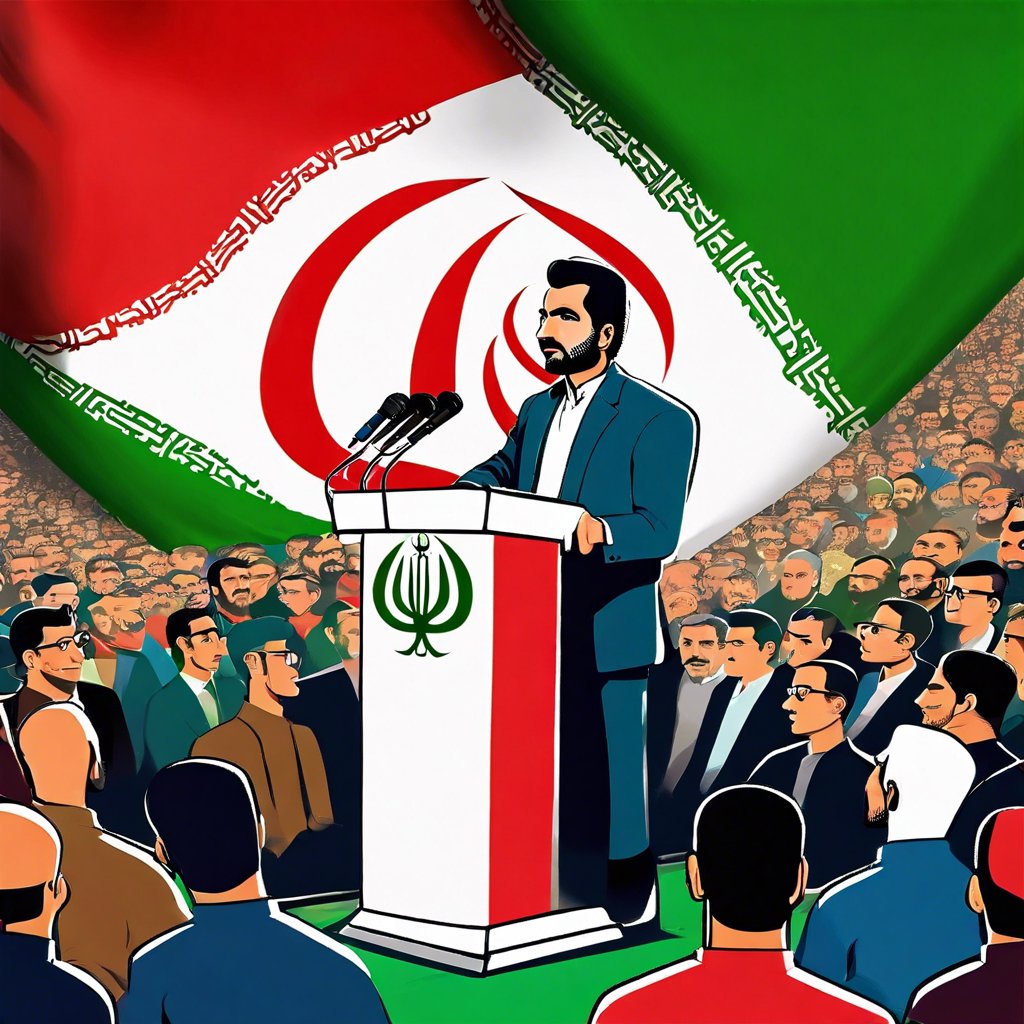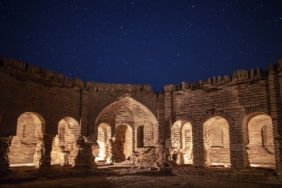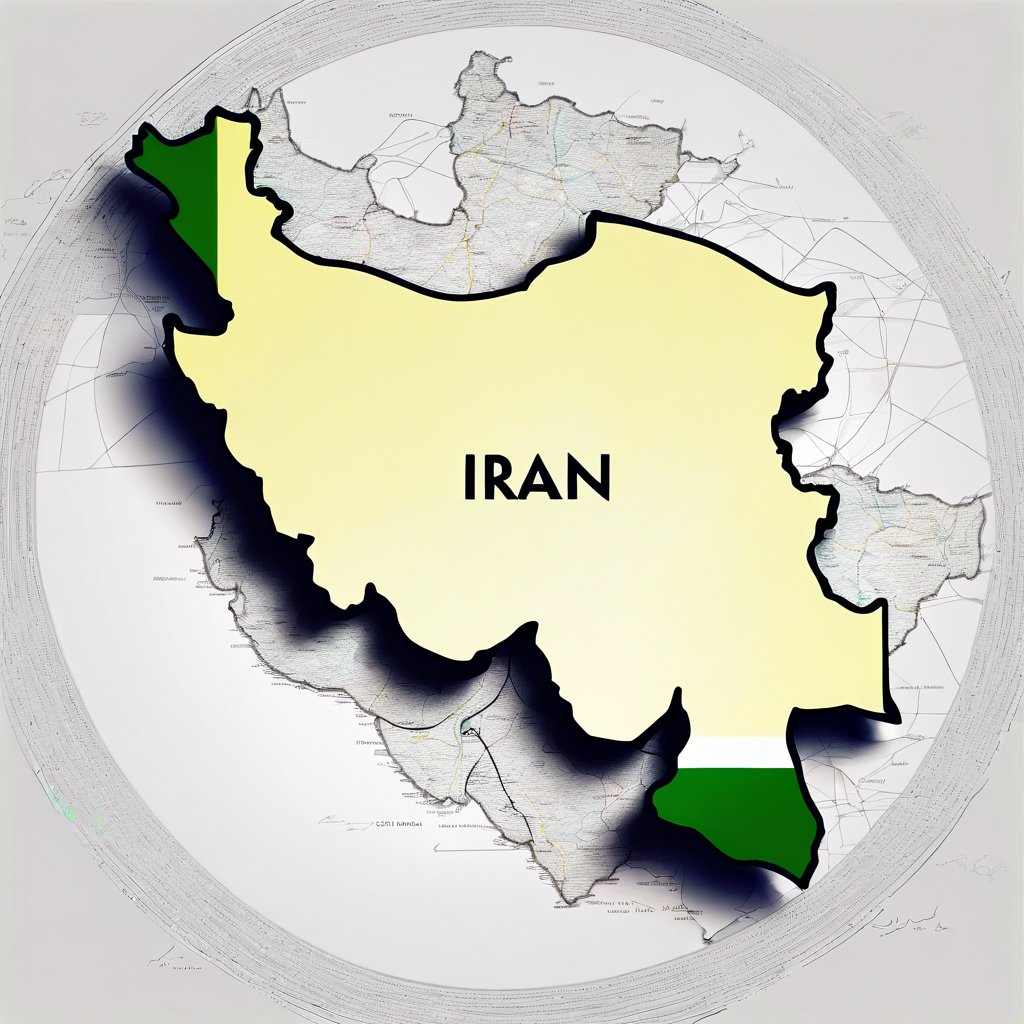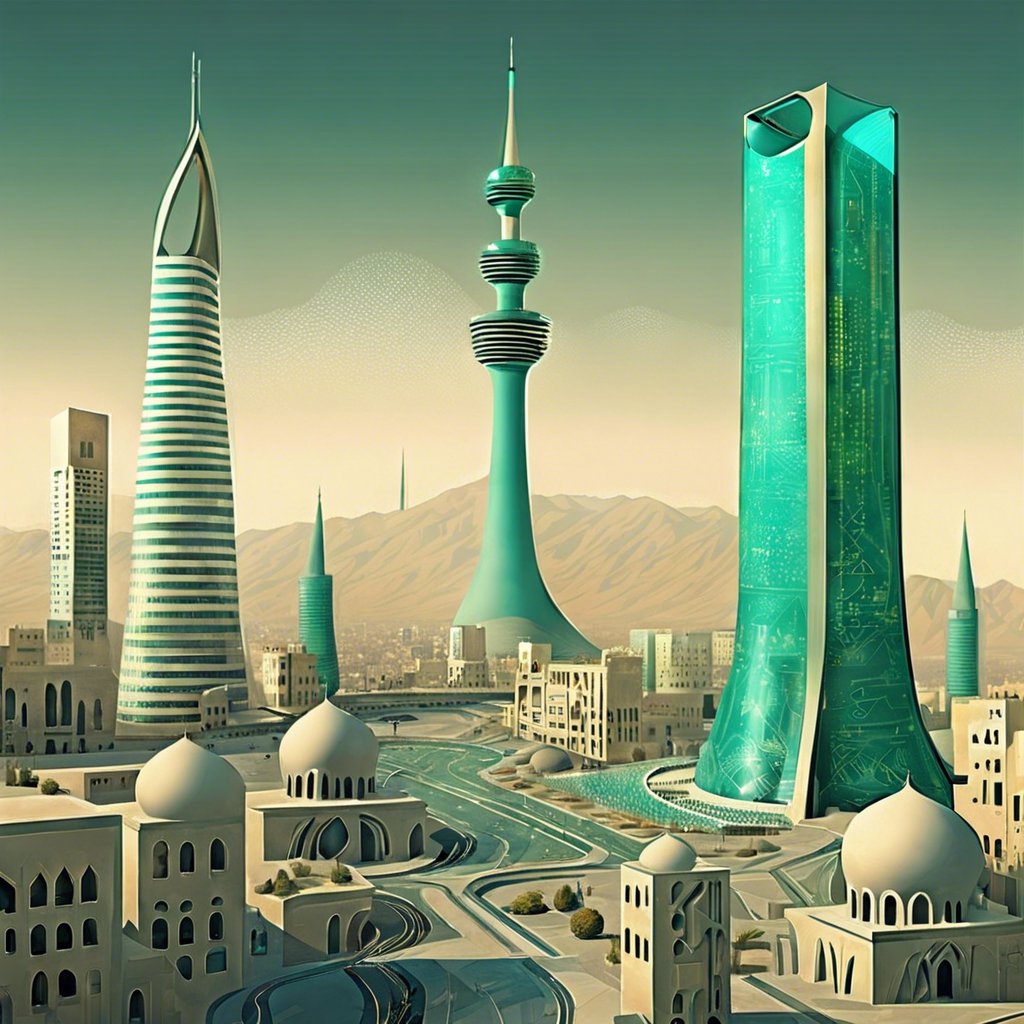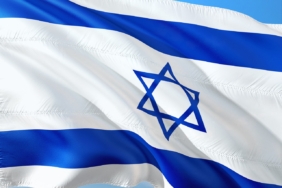Following the election of Masoud Pezeshkian as president of Iran, there is anticipation of a shift towards a more pragmatic and less confrontational foreign policy stance. While Mr. Pezeshkian lacks direct foreign policy experience, he has expressed a commitment to empowering Iran’s elite diplomats to shape the country’s international relations, raising hopes for improved ties with the West.
According to Dennis B. Ross, a former Mideast negotiator, Mr. Pezeshkian’s election signifies a potential move towards a more cooperative approach both domestically and internationally.
It is important to note that in Iran, the supreme leader, Ayatollah Ali Khamenei, holds significant power over major policy decisions, particularly concerning foreign affairs and the country’s nuclear program. While the president can influence domestic matters, ultimate authority lies with the supreme leader and the Islamic Revolutionary Guards Corps, which oversees military affairs.
The alignment between the Revolutionary Guards and the supreme leader plays a crucial role in determining Iran’s military strategies and engagements, including activities in neighboring countries such as Iraq, Syria, Lebanon, and Yemen, as well as potential threats towards Israel.
